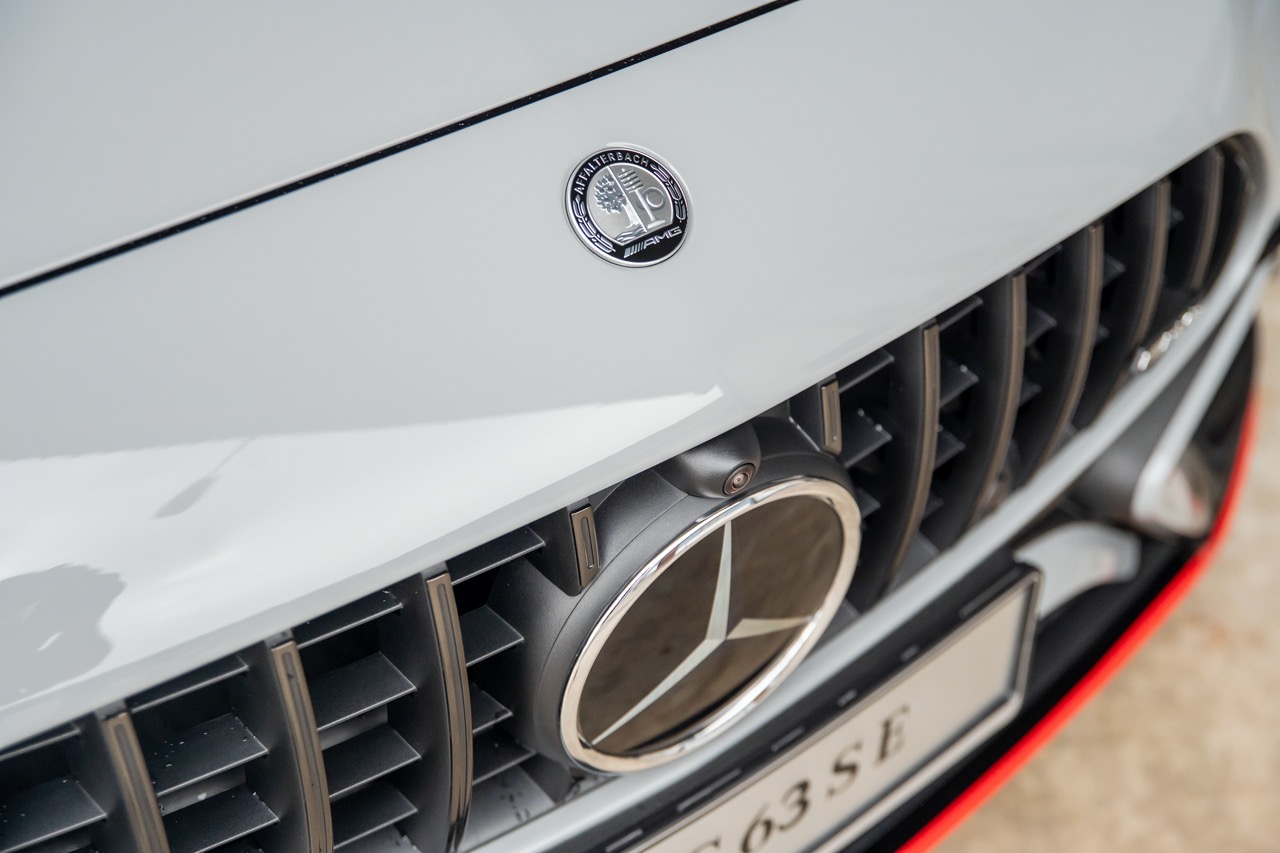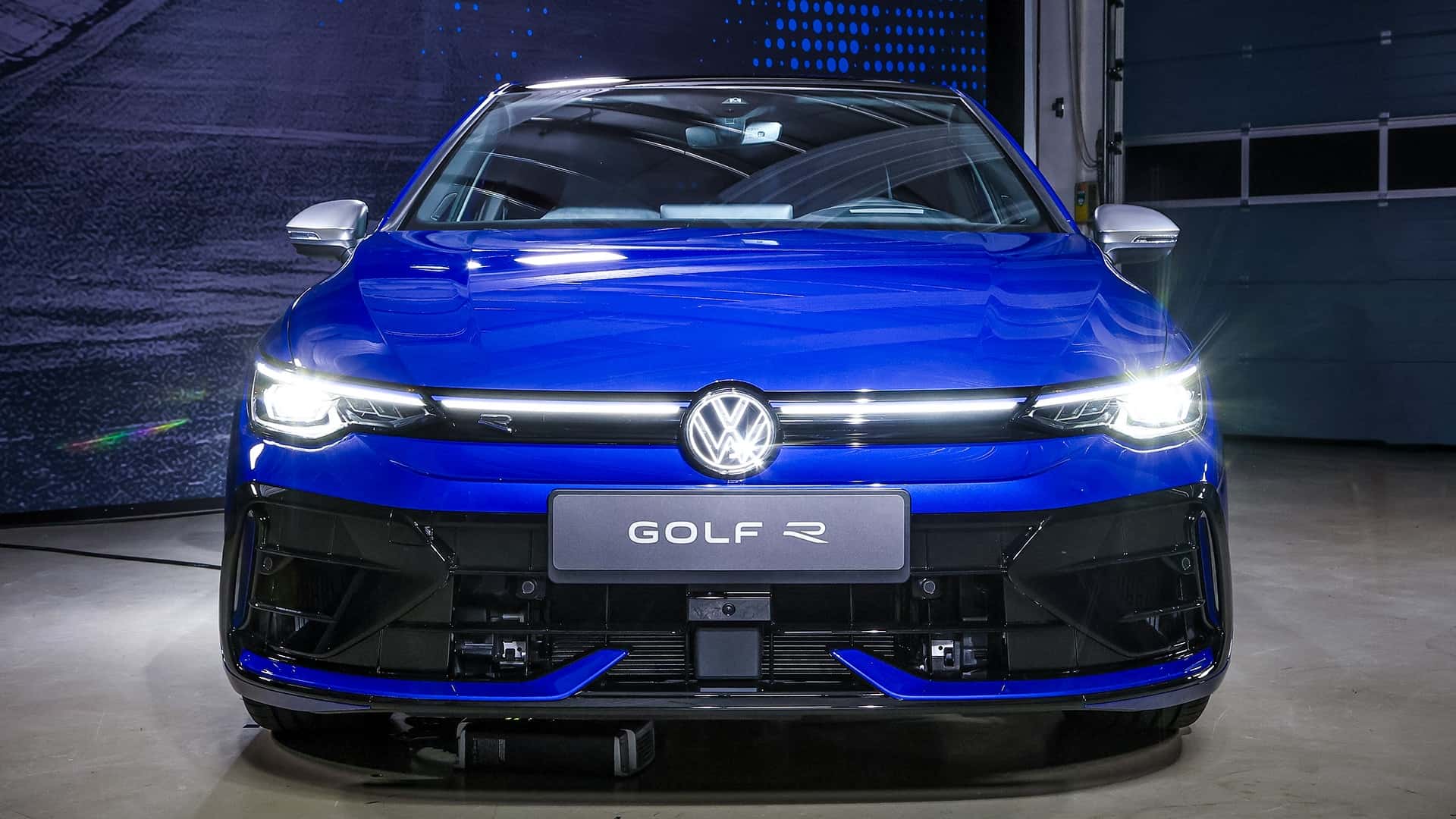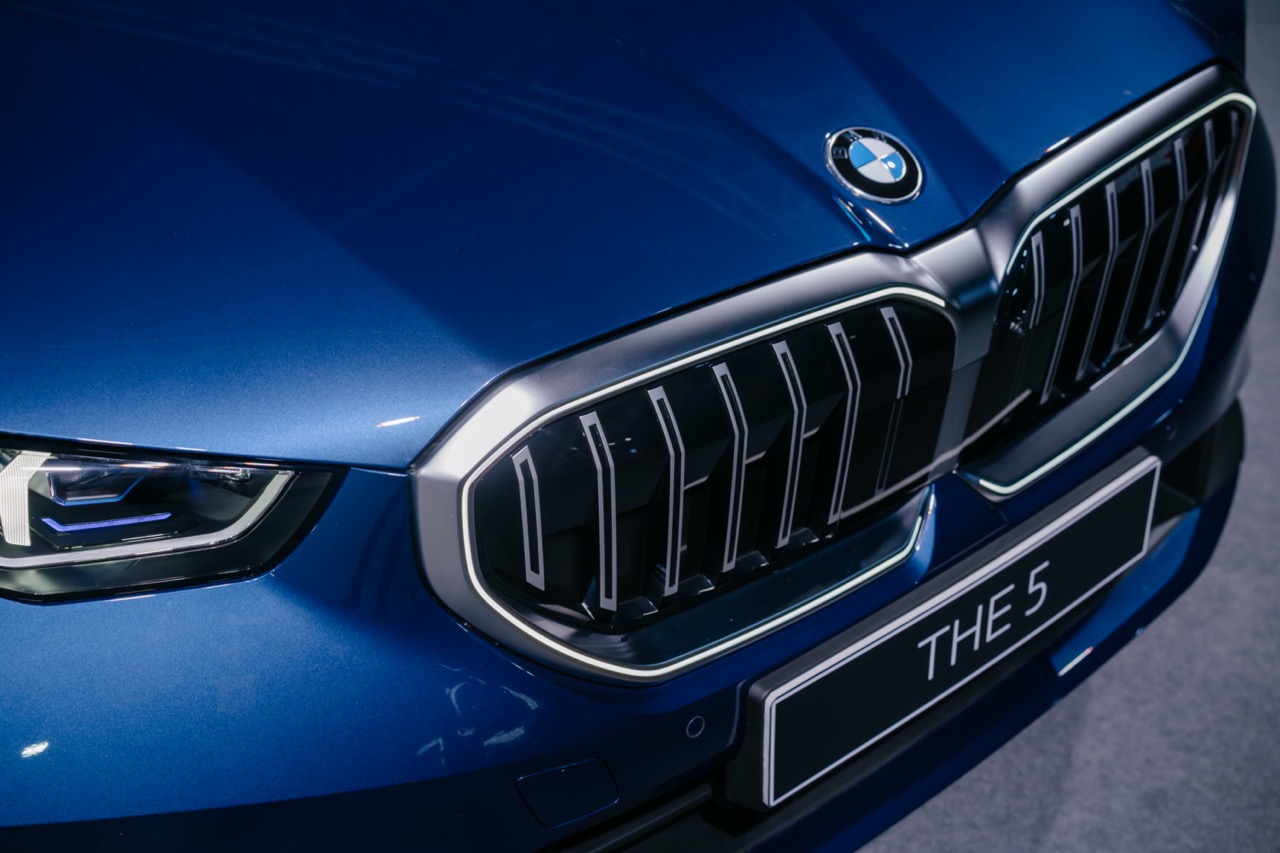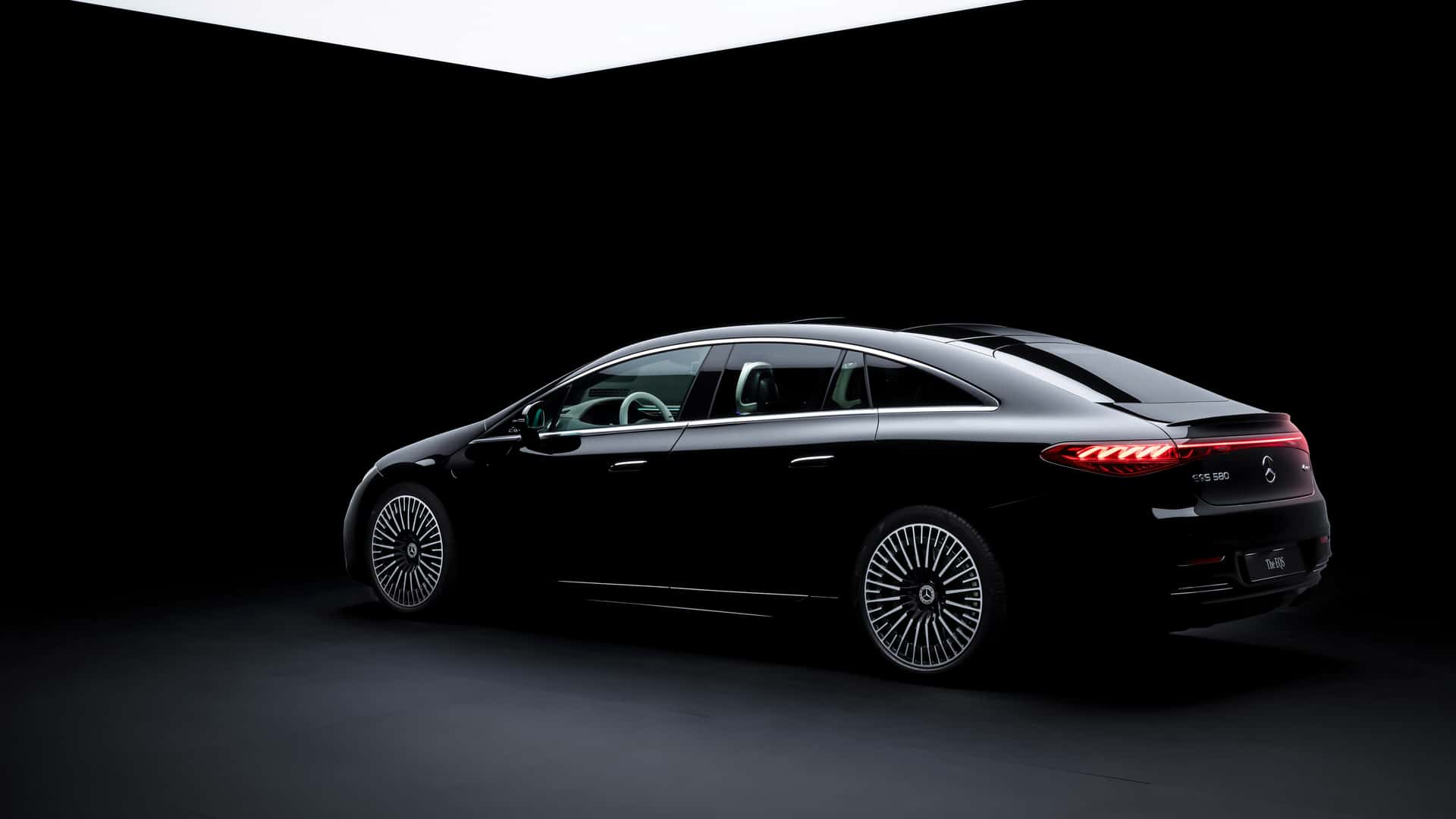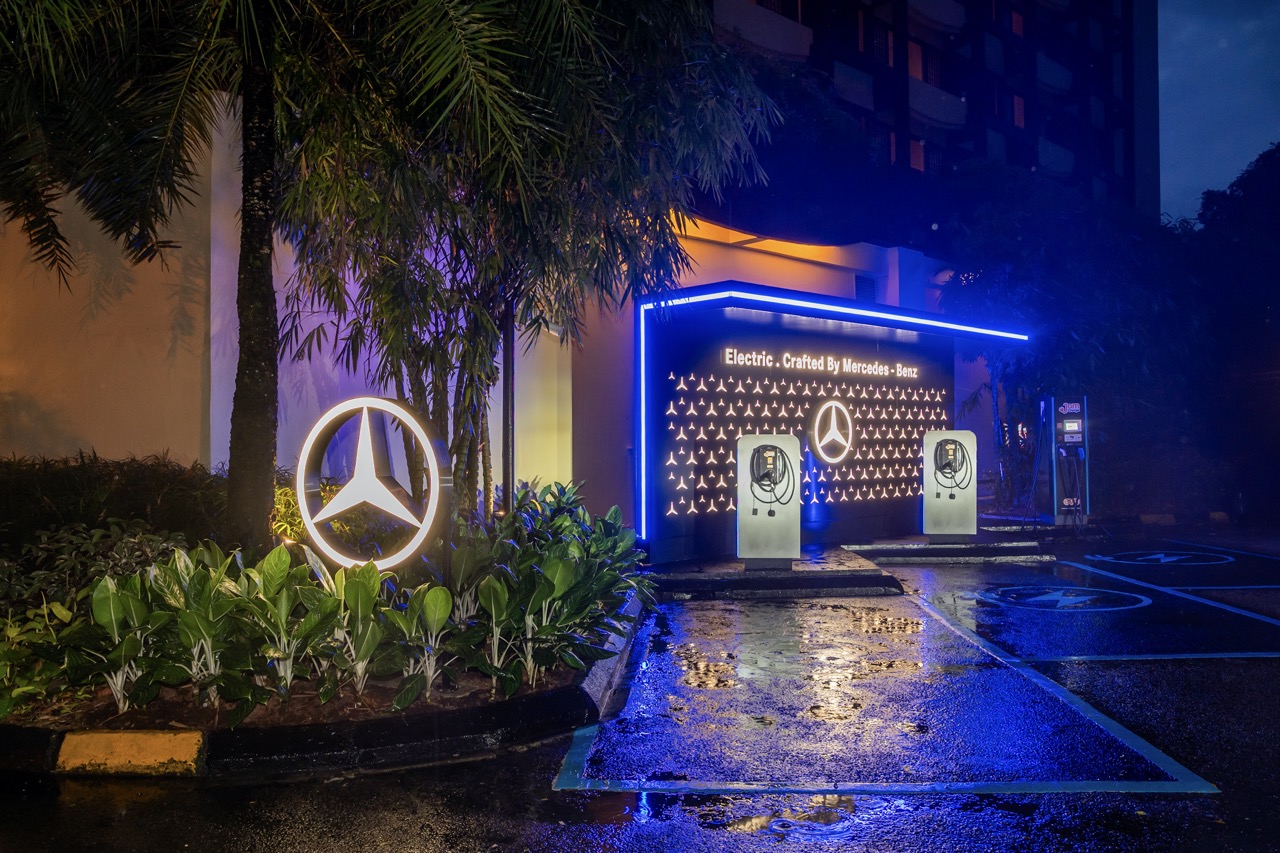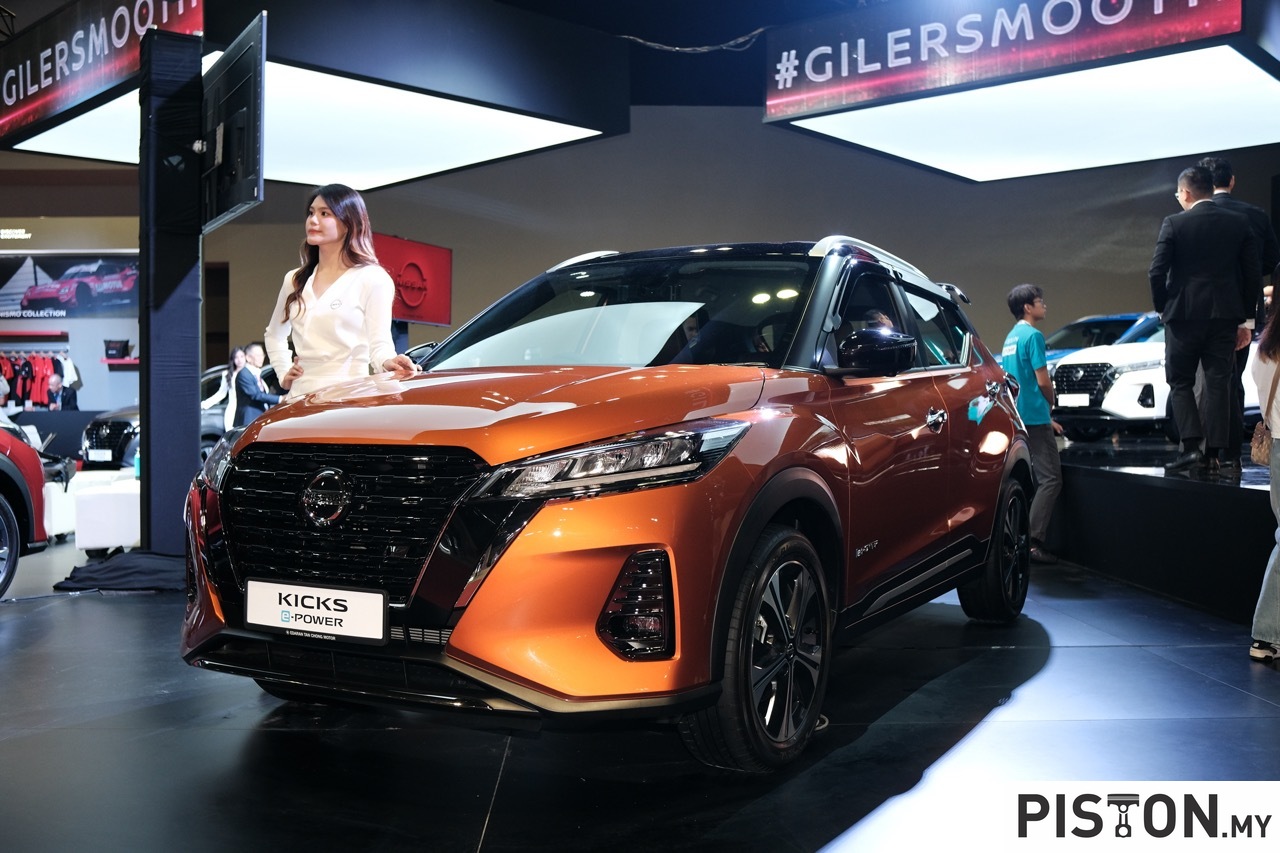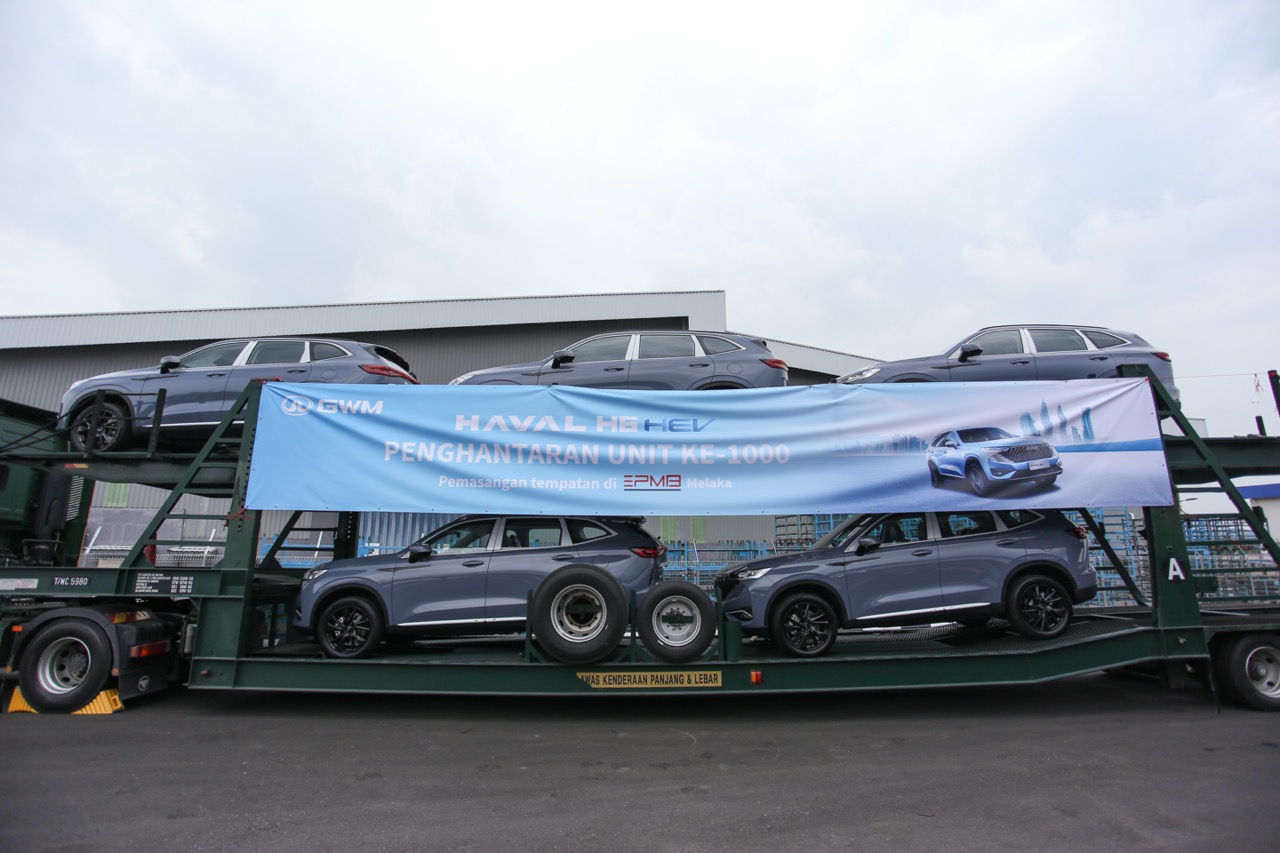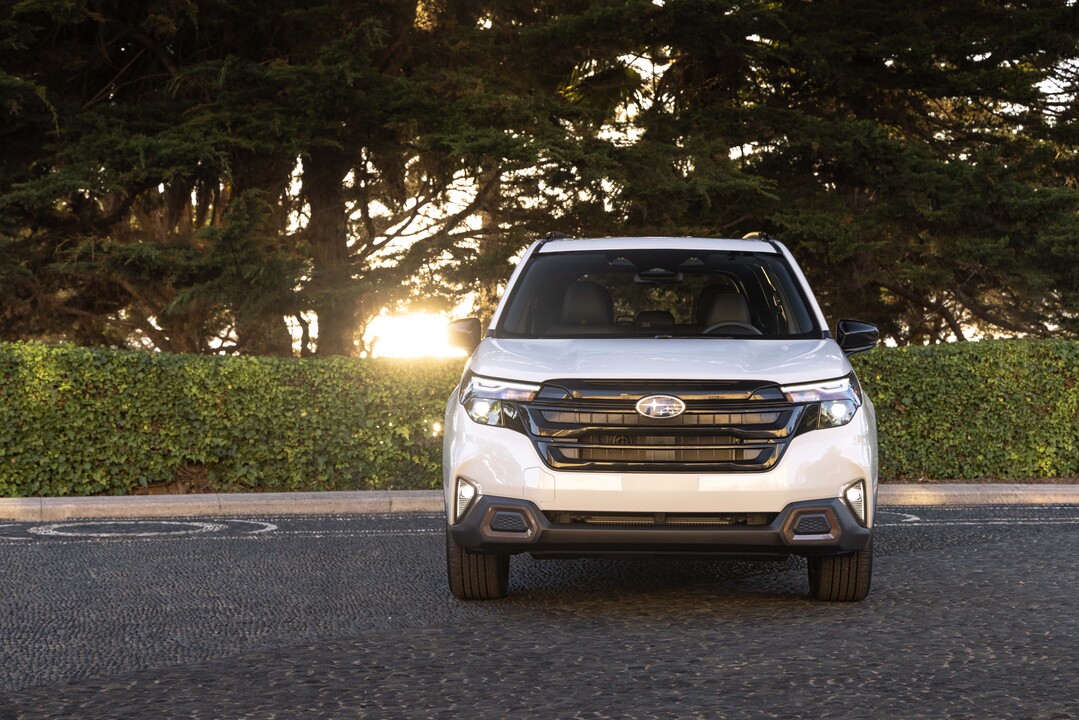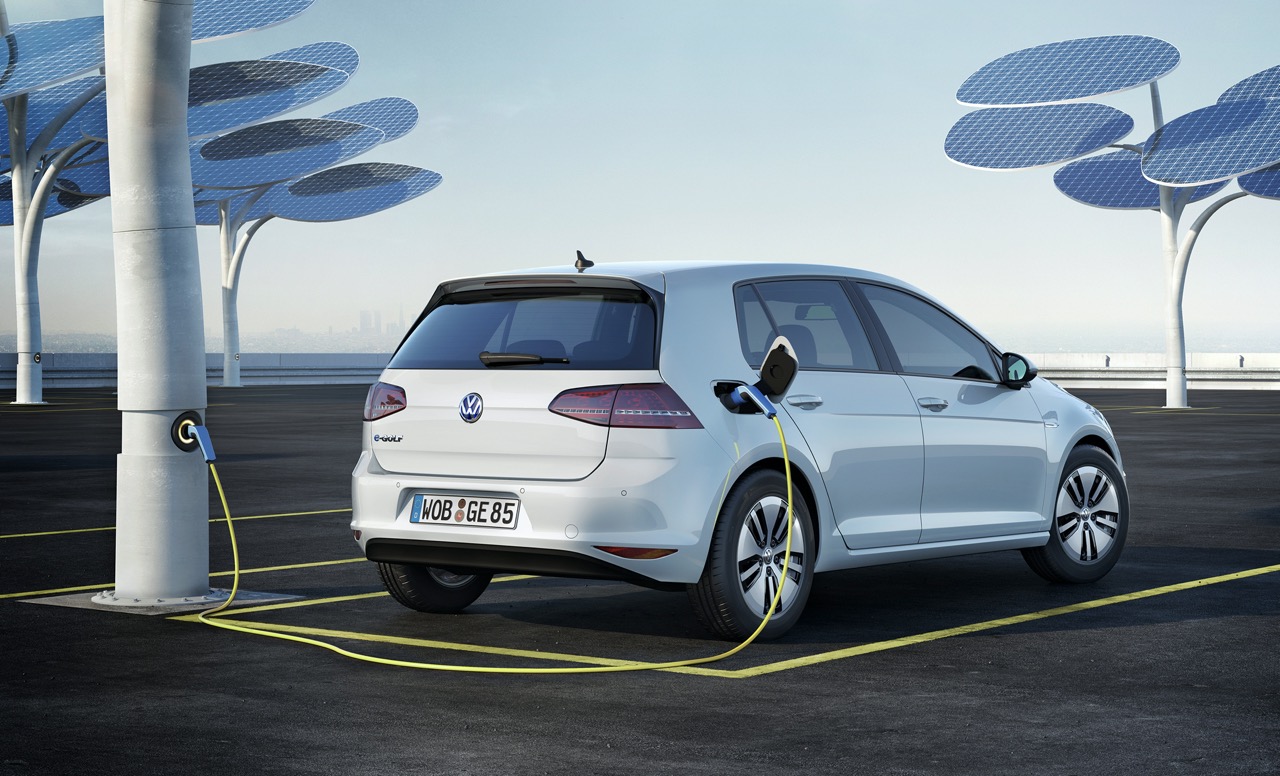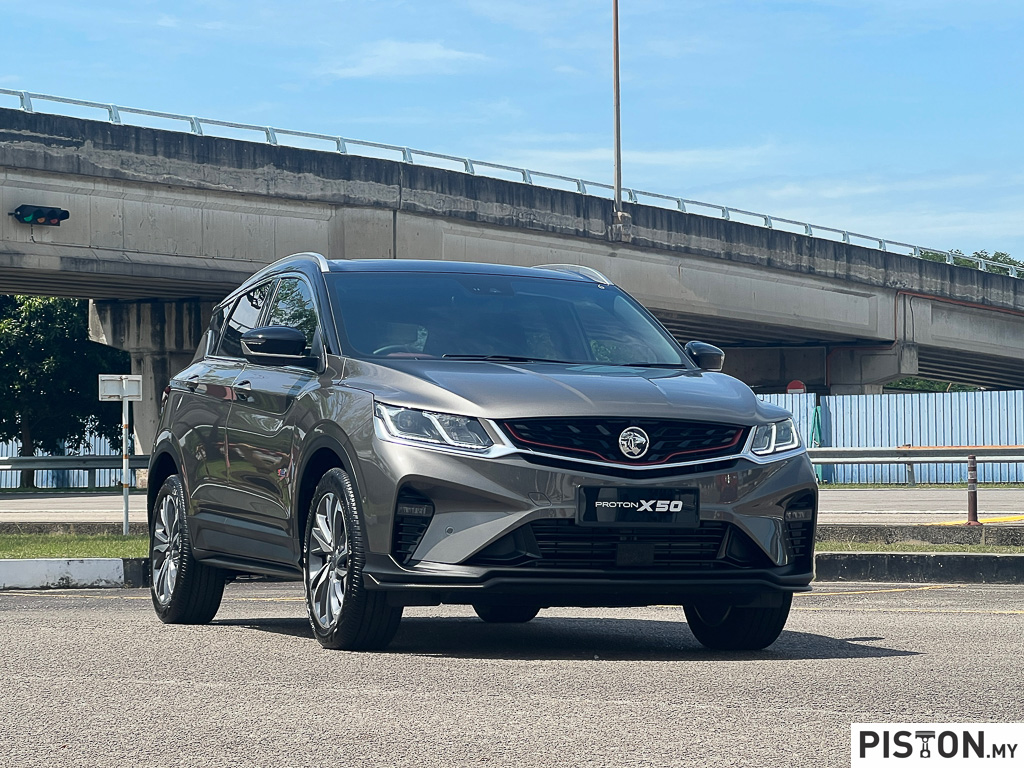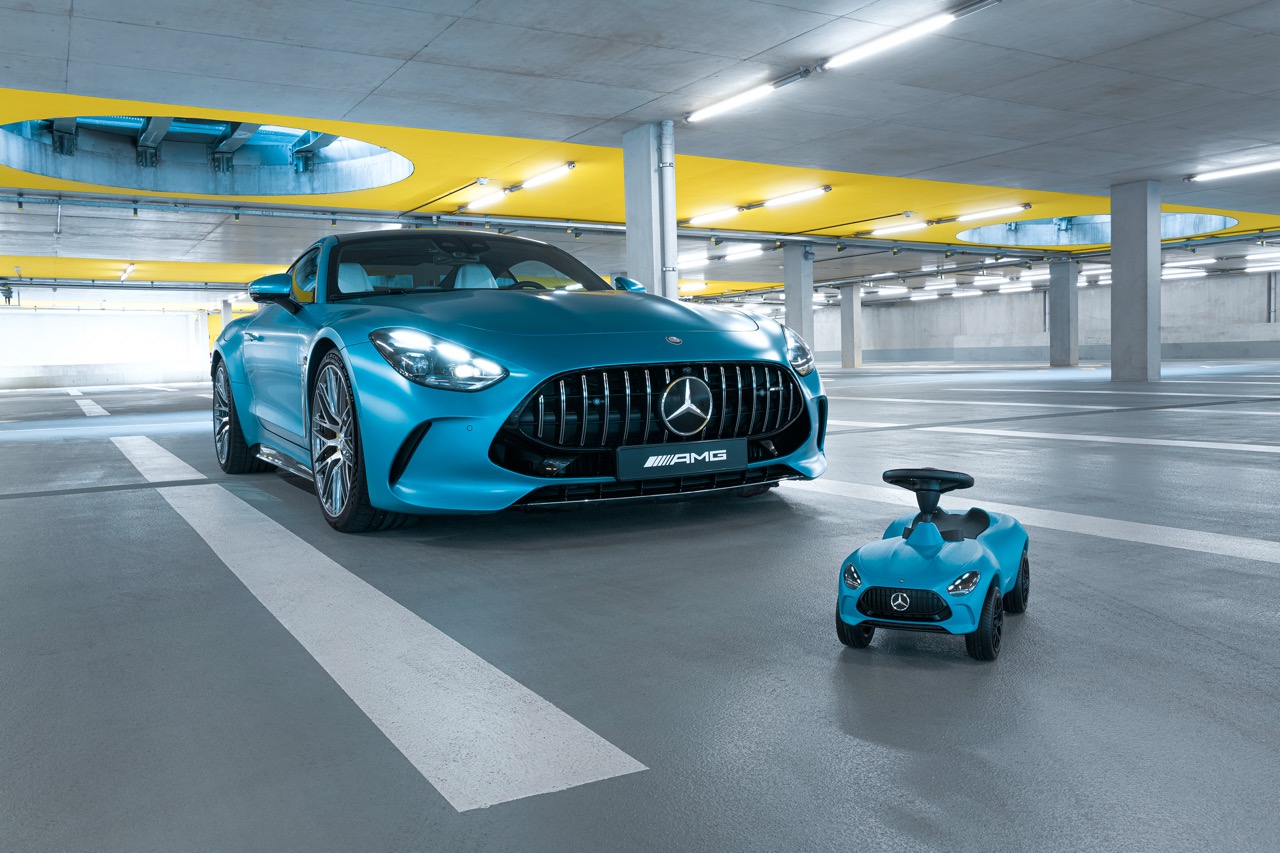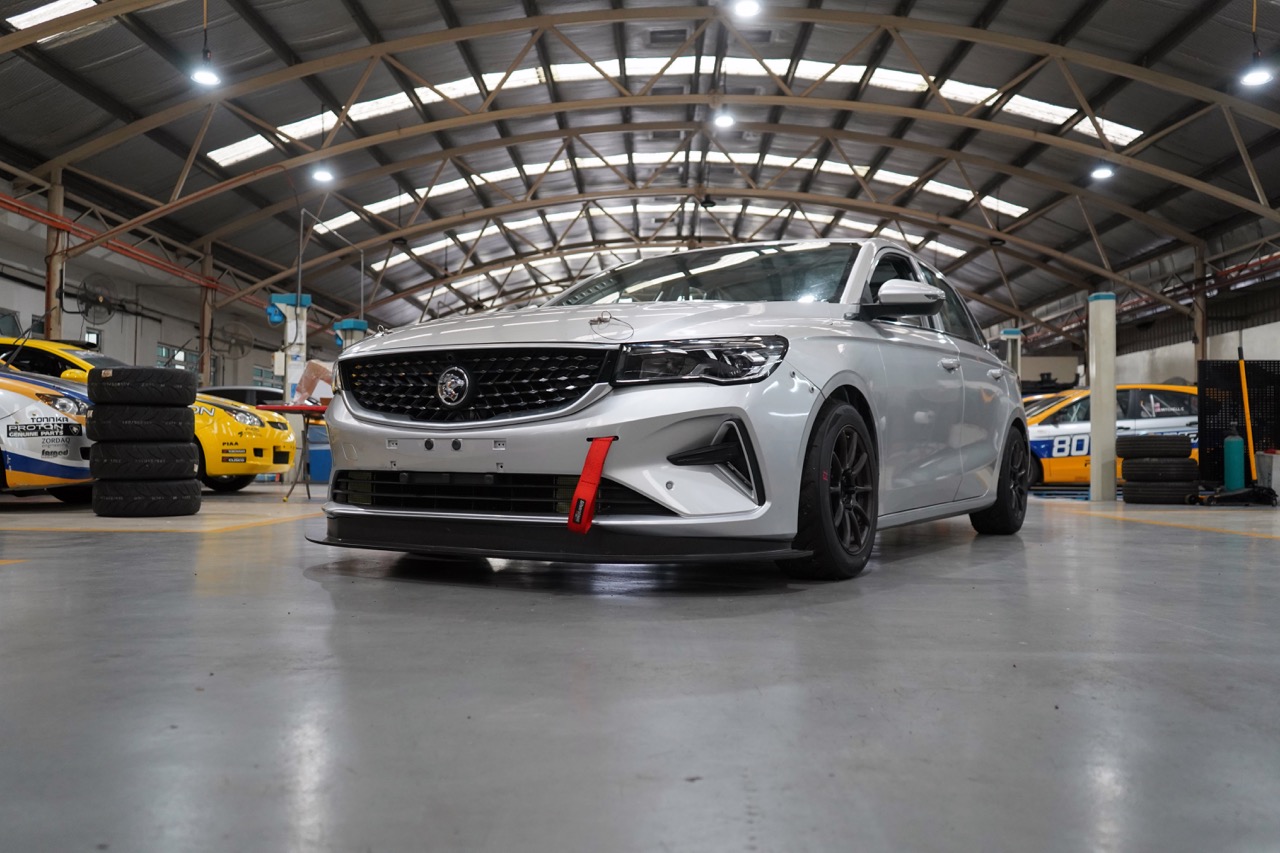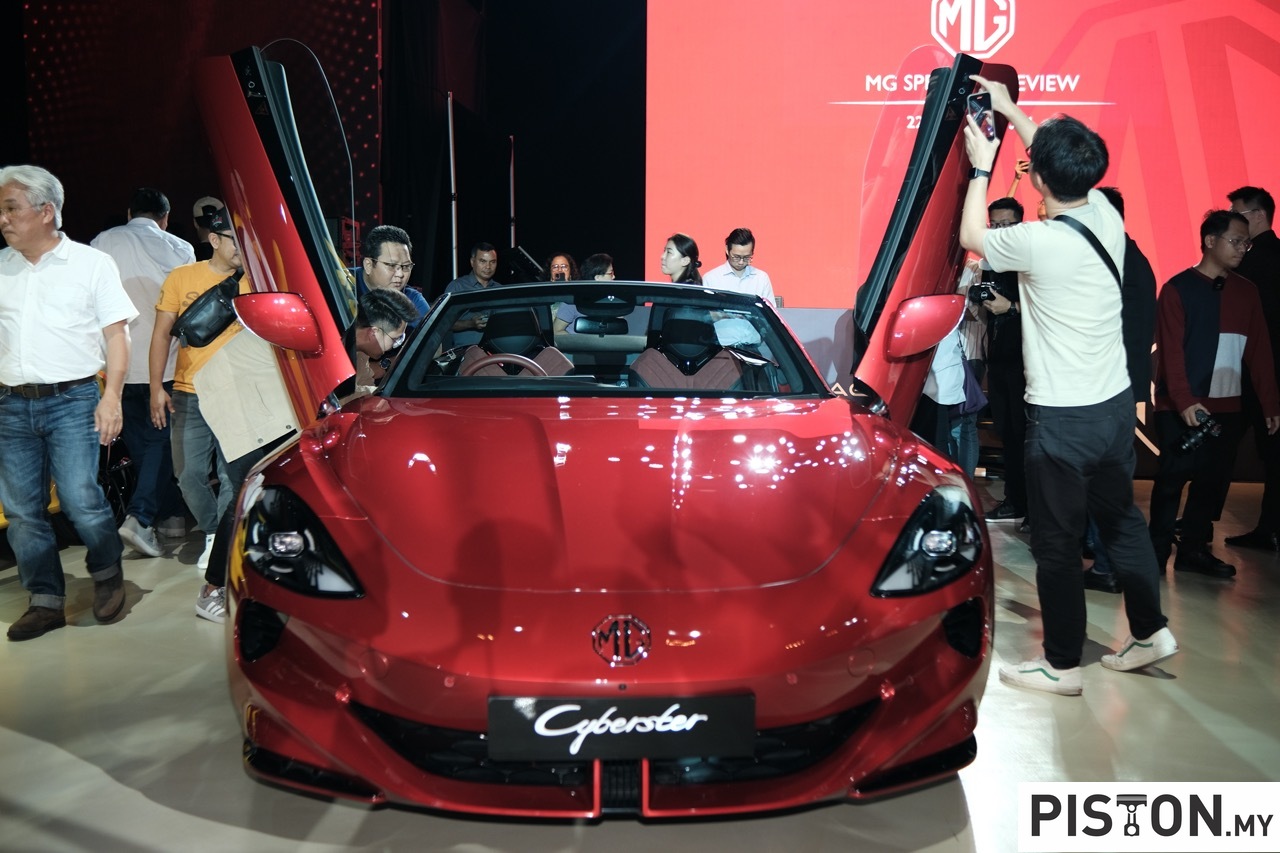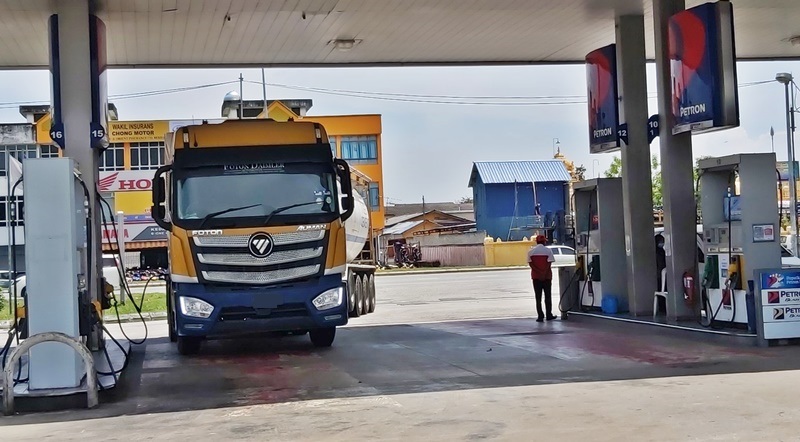Five of Europe’s largest car manufacturers recently reported a significant decline in profits for the first half of 2024. This drop is attributed to several key factors, including weak demand for electric vehicles (EVs), cost competition from Chinese manufacturers, and rising research and development (R&D) expenses.
Volkswagen Faces Major Challenges
Volkswagen’s CEO, Oliver Blume, highlighted rising costs and lower factory utilisation during a recent earnings conference. Blume stated, “We have made all the necessary technical decisions. We have implemented the relevant organisational measures. Now, our primary focus is on costs, costs, and costs.”
Volkswagen’s biggest loss came from its EV sector. Over the six-month period ending in June, EV sales in Europe fell by 15 per cent compared to the previous year, with a similar decline in sales in the United States. Volkswagen’s net profit for the first half of the year dropped by 14 per cent to €7.3 billion. Despite a two per cent increase in revenue, the operating margin decreased to 6.3 per cent from 7.3 per cent, falling short of the company’s annual target of 6.5% to 7 per cent.
Volkswagen’s CFO, Arno Antlitz, admitted that although the company managed to cut costs by about €1 billion last October, it still failed to meet its profit targets. Antlitz emphasised the need for more significant cost reductions in the second half of the year. Volkswagen is now considering closing its Brussels plant, which produces EVs for the Audi brand under its umbrella.
Stellantis Reports a Sharp Decline in Profits
Meanwhile, Stellantis saw a 48 per cent drop in net profit for the first half of the year compared to the previous year. The company plans to launch 20 new models this year, primarily EVs, but is facing challenges with an 18 per cent drop in sales in the United States due to setbacks in its marketing strategy. Vehicle sales in Europe also fell by six per cent during the same period.
BMW, Renault, and Mercedes-Benz Experience Profit Decline
BMW, Renault, and Mercedes-Benz Group also reported a decline in net profit for the first half of 2024. European car manufacturers are facing significant challenges in the Chinese market, where consumer spending is declining. For instance, BMW Germany saw a four per cent drop in sales in China, totalling around 370,000 vehicles. However, BMW remains hopeful for a recovery in the second half of the year, with high expectations for the upcoming Mini Aceman EV, according to CEO Oliver Zipse.
Mercedes-Benz CEO, Ola Källenius, expressed pessimism after the company’s sales in China dropped by nine per cent in the first half of the year. Intense price competition from Chinese EV manufacturers has affected profit margins and sales in the market.
Countermeasures and New Regulations
The European Union has imposed tariffs on Chinese-made EVs, while China is considering raising import tariffs on large petrol vehicles to 25 per cent from 15 per cent in retaliation. This move is expected to impact the sales of luxury vehicles by European car manufacturers.
Starting next year, the EU will tighten carbon emission regulations, increasing R&D costs to comply with new rules. For example, Mercedes-Benz has invested hundreds of millions of euros to build a new EV battery R&D centre, which opened in July. BMW’s R&D spending also increased by 25 per cent in the first half of the year in preparation for new EV launches starting in 2025.
With these escalating challenges, European car manufacturers must address rising costs, global competition, and stringent regulations to maintain their competitiveness in the ever-evolving automotive market.




